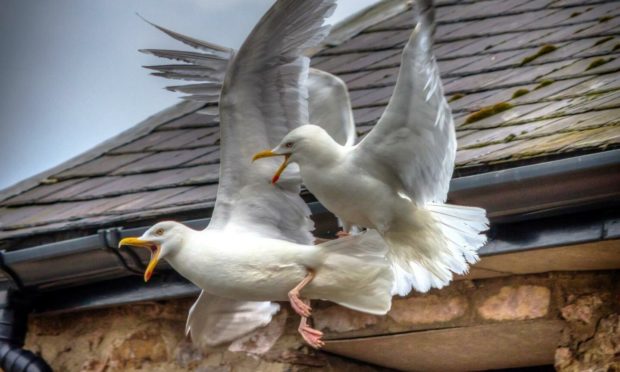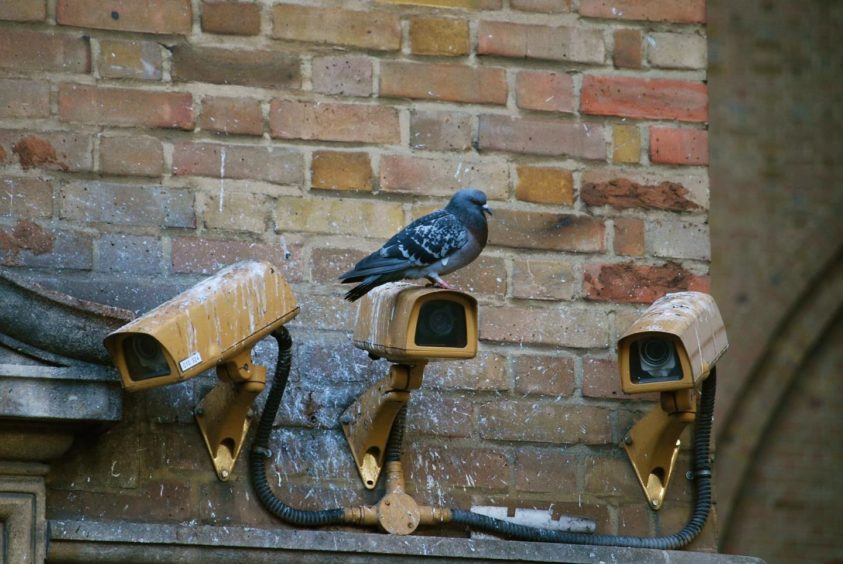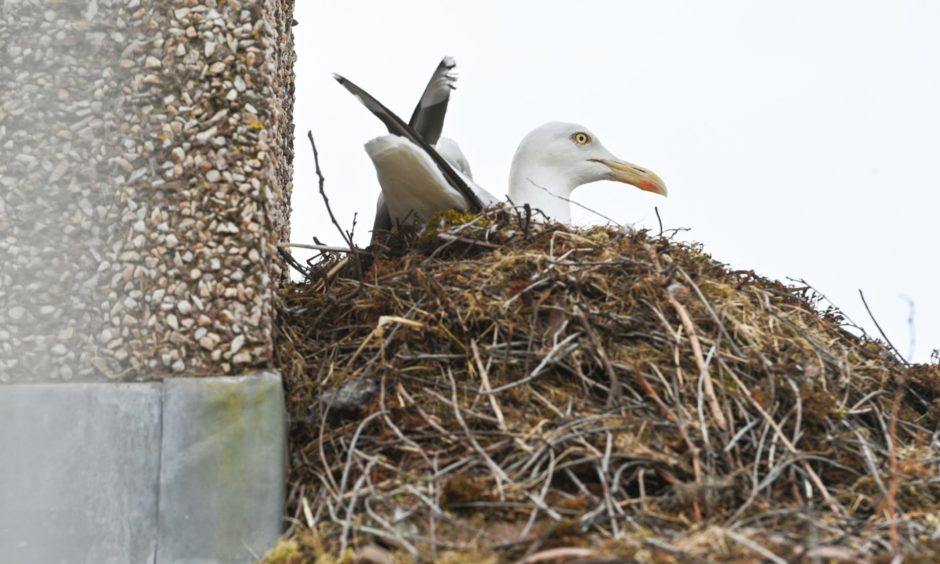North-east property owners are being urged to call in the professionals to protect the welfare of wild birds in the region.
The British Pest Control Association (BPCA), is urging the owners of homes, businesses and public buildings in Aberdeen to ensure they choose a trained and qualified professional to offer advice and install bird-proofing measures.
Bird spikes and nets are a non-lethal solution and – when deployed properly – should cause no harm to any wild bird.
Their appeal follows a series of disturbing reports of birds being trapped in improperly installed nets and dangerous spikes.
Matter of the law
Dee Ward-Thompson, the head of technical and membership at BPCA, urged owners to take the necessary steps to avoid creating unnecessary harm to the creatures, by calling in the professionals.
She said: “All wild birds, their eggs and their nests are protected by law, so we strongly recommend that you don’t try to control or manage birds yourself.
“Bird proofing is completely harmless and is designed to deter birds from nesting and this in turn, moves birds on to an area where they aren’t in conflict with people.
“We’ve heard some disturbing reports of birds being caught in improperly installed nets and even impaled on dangerous spikes.
“This is completely avoidable when nets and spikes are properly installed and maintained by a professional.
“A trained and qualified professional will create an integrated avian pest management solution that protects the birds – and this will include working with premises owners to identify the root of the problem, such as openings allowing access to a nesting site, or waste disposal systems that may offer a food source to birds.”
Wild birds, their nests and eggs are protected by the Wildlife and Countryside Act 1981. It is illegal to capture, injure or destroy any wild bird, or interfere with its nest or eggs.
Seagulls dominate the north and north-east
Residents in the north and north-east have spoken out about urban gulls plaguing the streets, making exceptional noises at all hours of the day and attacking people in their hometowns.
Home owners confirmed the seabirds had taken residence at their homes, nesting on their roof and disturbing their day-to-day lives.
Ms Ward-Thompson urged those affected to work with pest professionals to create an action plan to protect both your property and the birds.
She added: “Diseases can be transmitted from bird droppings and the birds themselves.
“Bird droppings are also acidic and can corrode and erode metals, stonework and brickwork.
“And where birds go, so too go the parasites that live on them. Bird mites, ticks, fleas and beetles can all cause complicated secondary infestations.
“There are circumstances that require bird control or proofing, and we strongly recommend that a pest professional is consulted to assess the situation, create a plan of action and install any physical measures for the protection of both the building and the birds.”


